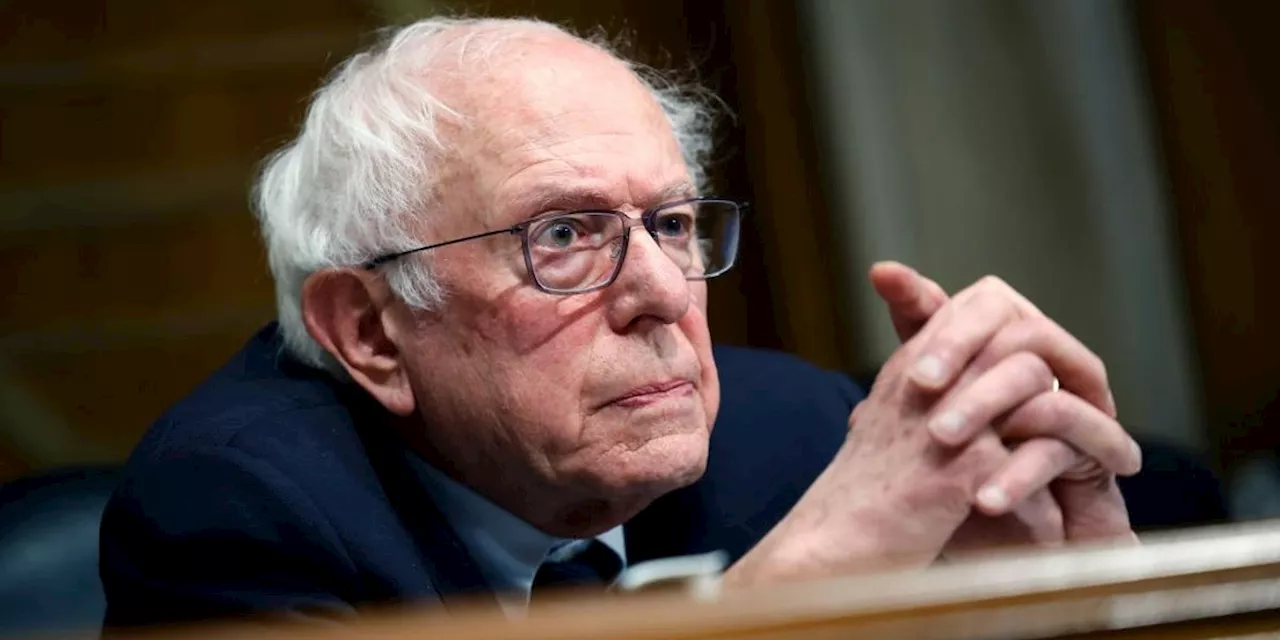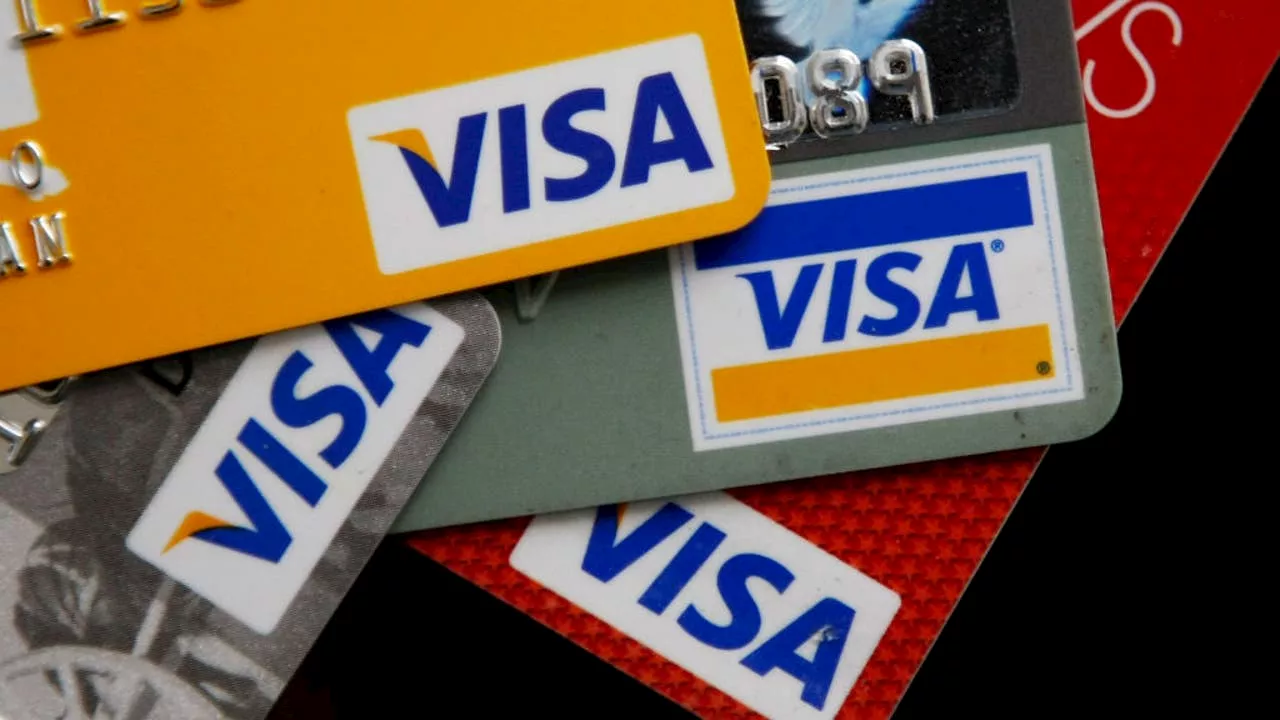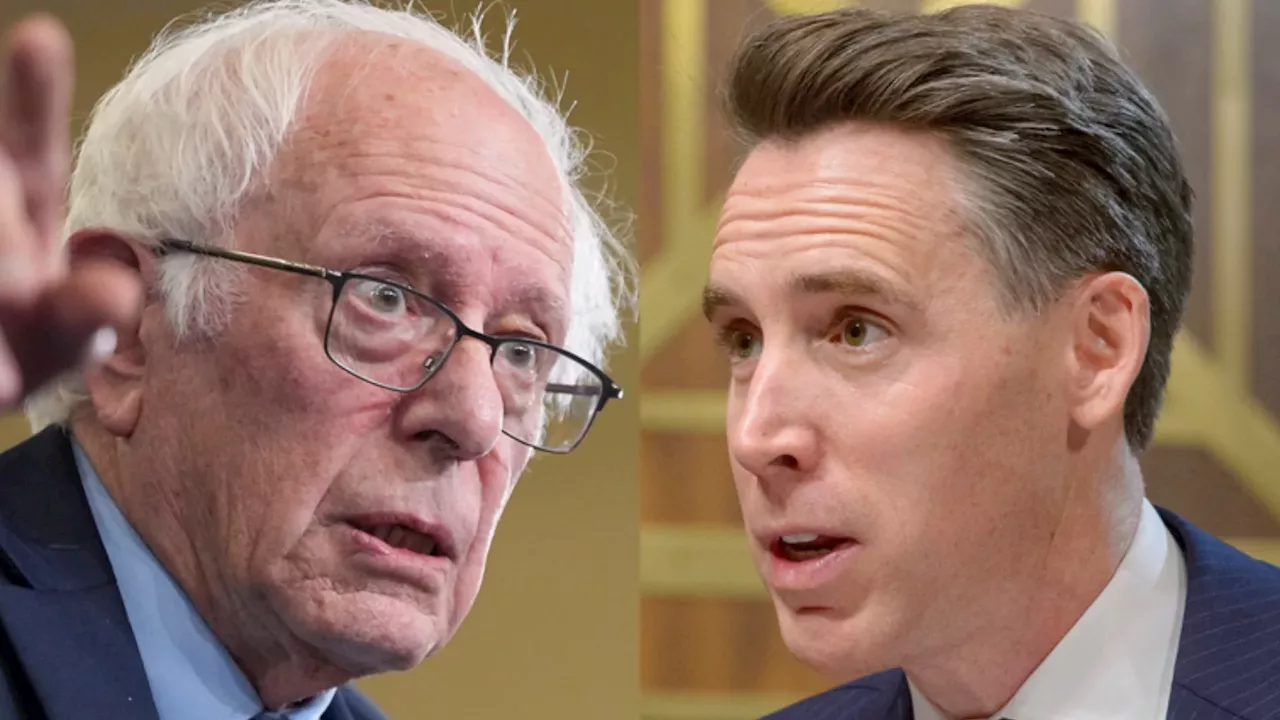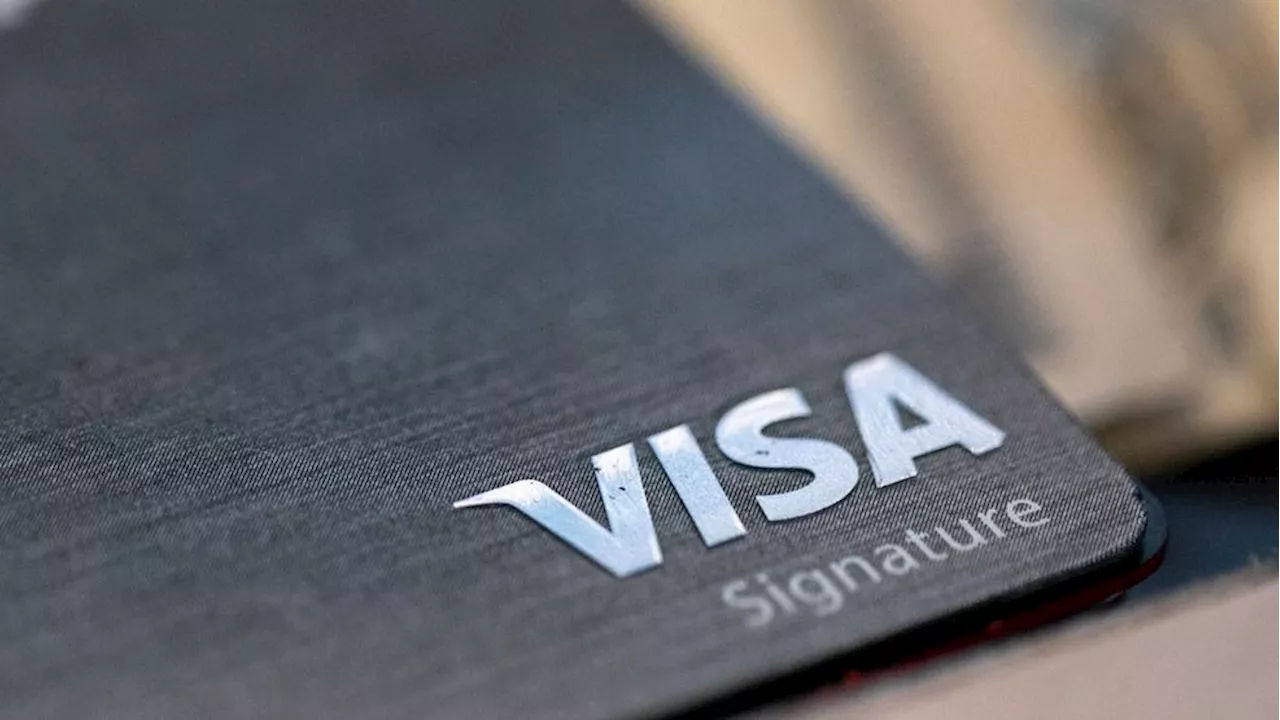Source of breaking news and analysis, insightful commentary and original reporting, curated and written specifically for the new generation of independent and conservative thinkers.
A bipartisan credit card interest cap bill has sparked significant debate over if the bill amounts to “debanking on steroids” or if it provides “meaningful relief to working people.”legislation that would cap credit card interest rates at ten percent for five years. This follows remarks from then-candidate Donald Trump in September when he floated capping interest rates at ten percent.at a campaign rally in Long Island. “We’re going to cap it at around 10%. We can’t let them make 25 and 30%.
“We cannot continue to allow big banks to rip off Americans by charging outrageously high credit card interest rates,” SandersAlthough the proposal has bipartisan support, Republicans and libertarian policymakers, as well as industry insiders, believe that the cap is “unworkable” and would limit Americans’ access to credit.
Lindsey Johnson, the president and CEO of the Consumer Bankers Association, said in a statement to Breitbart News: Those in favor of capping interest rates believe that it would serve as financial relief to those who have been suffering from the recent economic turmoil.that the average credit card rate is 28.6 percent, even though banks can borrow from the Federal Reserve at 4.5 percent. The release about the bill also stated that high interest rates and fees have allowed credit card companies to make significant profits at the expense of the average American.
United States Latest News, United States Headlines
Similar News:You can also read news stories similar to this one that we have collected from other news sources.
 Sanders, Hawley Introduce Bill to Cap Credit Card Interest Rates at 10%Senator Bernie Sanders and Senator Josh Hawley introduced a bipartisan bill to cap credit card interest rates at 10% for five years, aiming to reduce the financial burden on American consumers. The bill is based on a campaign promise made by President Trump to limit credit card interest rates. Critics argue that high interest rates are exploitative and contribute to a growing credit card debt crisis.
Sanders, Hawley Introduce Bill to Cap Credit Card Interest Rates at 10%Senator Bernie Sanders and Senator Josh Hawley introduced a bipartisan bill to cap credit card interest rates at 10% for five years, aiming to reduce the financial burden on American consumers. The bill is based on a campaign promise made by President Trump to limit credit card interest rates. Critics argue that high interest rates are exploitative and contribute to a growing credit card debt crisis.
Read more »
 Bipartisan Bill Aims to Cap Credit Card Interest Rates at 10%Two senators, Josh Hawley (R-Mo.) and Bernie Sanders (I-Vt.), have introduced a bipartisan bill that would cap credit card interest rates at 10% for five years. This move seeks to provide relief to consumers struggling with high debt and fulfills a campaign promise by President Donald Trump.
Bipartisan Bill Aims to Cap Credit Card Interest Rates at 10%Two senators, Josh Hawley (R-Mo.) and Bernie Sanders (I-Vt.), have introduced a bipartisan bill that would cap credit card interest rates at 10% for five years. This move seeks to provide relief to consumers struggling with high debt and fulfills a campaign promise by President Donald Trump.
Read more »
 Bipartisan Bill Seeks to Cap Credit Card Interest Rates at 10%A new bipartisan bill introduced by Senators Josh Hawley and Bernie Sanders aims to cap credit card interest rates at 10%, fulfilling a campaign promise made by President Donald Trump. The bill would immediately enact the cap upon enactment, lasting for five years. Supporters argue that this measure would provide much-needed relief to working Americans struggling with record credit card debt, while critics warn of potential consequences such as reduced credit card rewards and limited access to credit for borrowers with less-than-perfect credit.
Bipartisan Bill Seeks to Cap Credit Card Interest Rates at 10%A new bipartisan bill introduced by Senators Josh Hawley and Bernie Sanders aims to cap credit card interest rates at 10%, fulfilling a campaign promise made by President Donald Trump. The bill would immediately enact the cap upon enactment, lasting for five years. Supporters argue that this measure would provide much-needed relief to working Americans struggling with record credit card debt, while critics warn of potential consequences such as reduced credit card rewards and limited access to credit for borrowers with less-than-perfect credit.
Read more »
 Sanders and Hawley introduce bill to cap credit card interest at 10%Political News and Conservative Analysis About Congress, the President, and the Federal Government
Sanders and Hawley introduce bill to cap credit card interest at 10%Political News and Conservative Analysis About Congress, the President, and the Federal Government
Read more »
 Bipartisan Bill Would Cap Credit Card Interest Rates at 10%A new bipartisan bill introduced by Sens. Josh Hawley and Bernie Sanders aims to cap credit card interest rates at 10% to provide relief to consumers and fulfill a campaign promise by President Donald Trump. The bill would immediately cap rates upon enactment and maintain the limit for five years.
Bipartisan Bill Would Cap Credit Card Interest Rates at 10%A new bipartisan bill introduced by Sens. Josh Hawley and Bernie Sanders aims to cap credit card interest rates at 10% to provide relief to consumers and fulfill a campaign promise by President Donald Trump. The bill would immediately cap rates upon enactment and maintain the limit for five years.
Read more »
 Senators Propose Bill to Cap Credit Card Interest Rates at 10%Two senators, Josh Hawley and Bernie Sanders, are introducing a bill to cap credit card interest rates at 10% for five years. The proposal, which aims to provide relief to consumers struggling with credit card debt, is expected to face strong opposition from banks and credit card companies.
Senators Propose Bill to Cap Credit Card Interest Rates at 10%Two senators, Josh Hawley and Bernie Sanders, are introducing a bill to cap credit card interest rates at 10% for five years. The proposal, which aims to provide relief to consumers struggling with credit card debt, is expected to face strong opposition from banks and credit card companies.
Read more »
